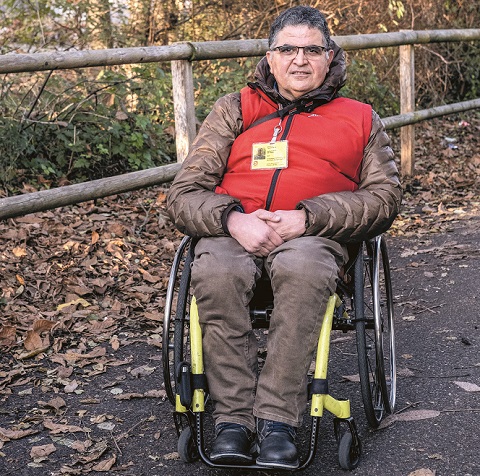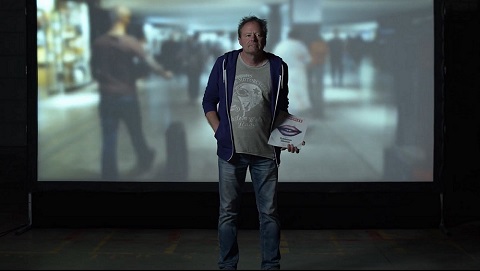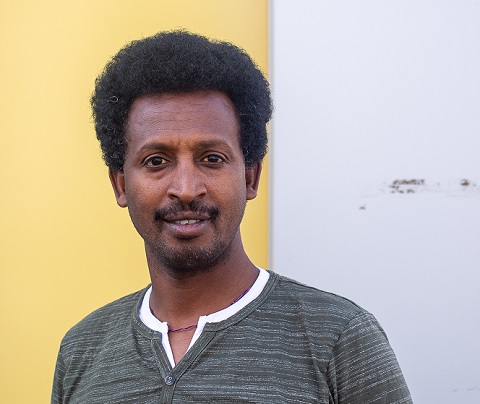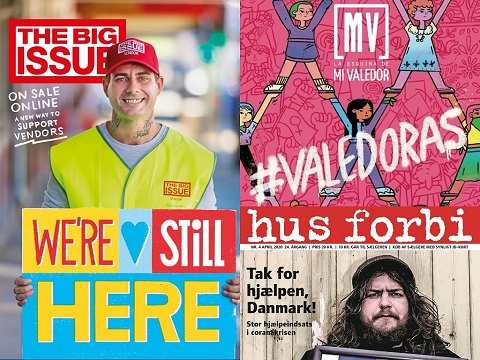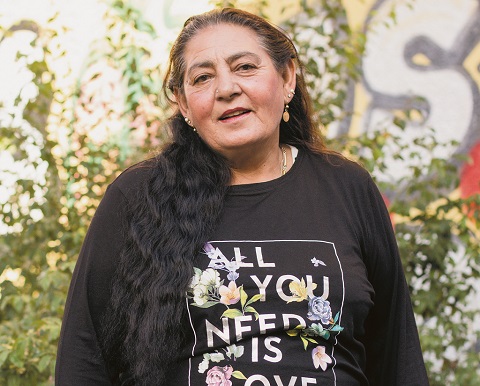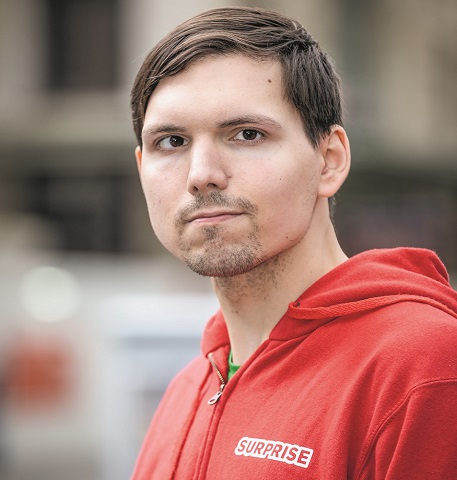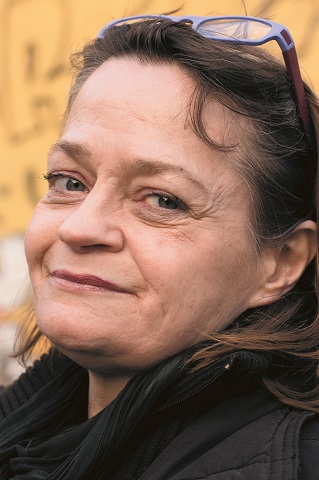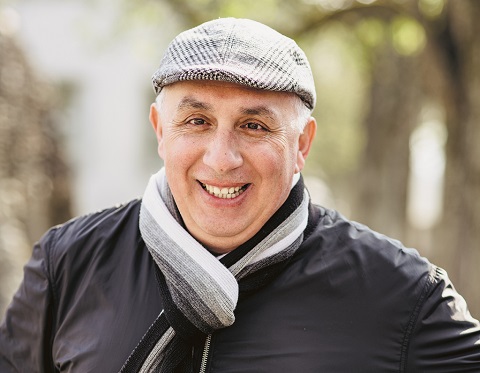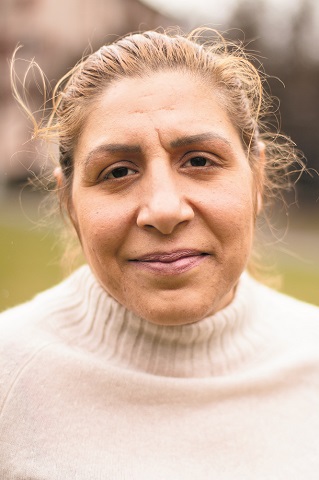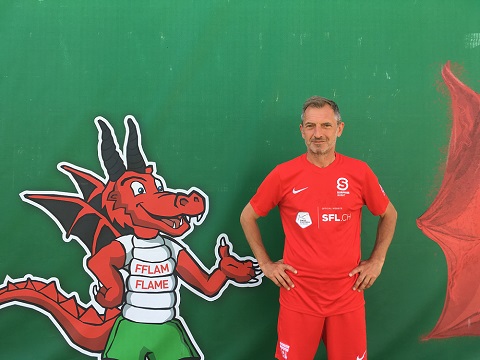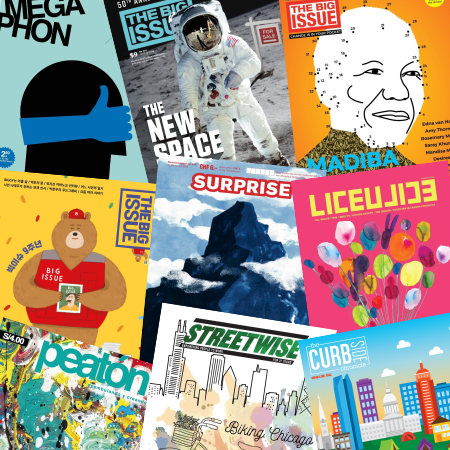By Diana Frei, Surprise
“You probably wonder how it is possible that in a rich country like Switzerland, there is homelessness?” Roger Meier asks. It is raining and five degrees Celsius. Roger is standing at the back wall of Bern Cathedral and is welcoming a group for his first test tour as a Bern Surprise city tour guide. The tours started in January of this year.
‘Surviving in the streets’ is the title of Meier’s tour. We quickly realise, during our time with Roger, exactly what surviving on the streets involves. You can feel it on your skin during the course of the two-hour tour: the cold and the humidity go straight into your bones. By the end of the tour, you’ll also be surprised to see the results on your pedometer app. And at the same time, your own joy will feel a bit absurd – a homeless person probably walks much further than you every day.
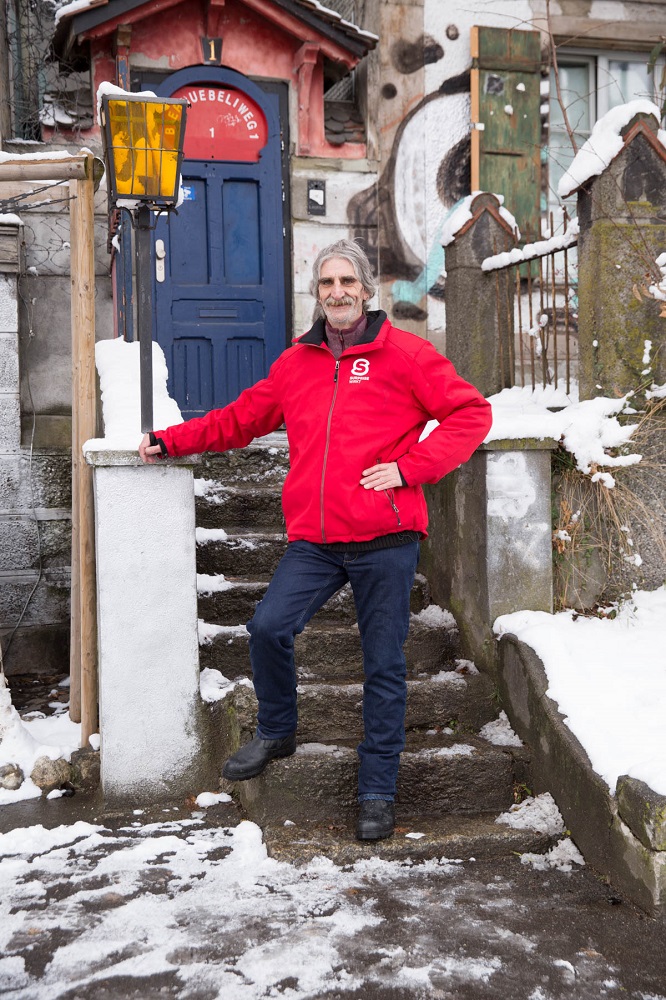
The socio-cultural memory of Bern
It soon becomes clear that, for the homeless, the most important thing at a shelter is sometimes very simple: to simply be there. To sit in a chair. To have a coffee. “This here is a part of my living room,” Meier says at more than one of the social institutions that he shows us during the tour. Here, the warmth can be measured in both Celsius and in emotional degrees.
While we are standing in front of the Postgasse lounge, Meier tells us about the volunteers working there who always have a sympathetic ear. Postgasse 35 was opened in 1977 as a recreation room for the unemployed. Here, individuals were helped to write applications, could use the telephone, get a coffee and bread to eat. The fact that Meier is not only a city guide, but also a piece of Bern’s cultural memory and a witness of social history, becomes clear from the beginning of the tour. He has known all the social institutions in the city for 36 years – ever since he first came to town for love. He can remember the establishment of ‘Sleeper’, emergency sleeping accommodation, whose history goes back to the riots carried out by young people in the early eighties. He can also recall the punks who occupied the old hotel on Hodlerstrasse 22 and how the city of Bern gave the place the green light for interim use, whereupon the punks founded “Sleeper”. It was a time of street fighting, of occupation and eviction.
We quickly realise, during our time with Roger, exactly what surviving on the streets involves. You can feel it on your skin during the course of the two-hour tour: the cold and the humidity go straight into your bones
Later, at the ‘Prairie’, the day accommodation offered by the La Prairie Bern association, he asks his group of visitors to be considerate of those present. Privacy is a rare commodity for a homeless person. For many, not having an apartment also means shared showers and mass dormitories. While listening to Meier, a central idea keeps coming up again and again: the importance of being allowed to be yourself without having to put on a mask. There is another sentence that we encounter time and again as Meier talks about the support services that the homeless can access: “Here, I can also be in a bad mood, without being reproached about it the next day.” When hearing the word homelessness, one thinks immediately about the cold, a lack of money and questions such as how to get access to shower. But there are also subtler issues involved too, such as emotional stress and a lack of peace. For those who do not have a door to lock behind them, they barely have the chance to spend time by themselves and are constantly exposed to the observations of others.
Meier tells us about the good souls who are involved in the institutions supporting the homeless and he also talks about how people can organize themselves and live together without causing each other problems. “My tour is called surviving in the streets, because it’s not living,” he adds sourly. Yet still – or maybe because of this fact – Meier has not lost his sense of humour.
A man goes past in a wheelchair and stops, with evident interest, because he clearly does not know about Meier’s new role as Surprise City Guide. “It costs 20 francs, if you want to listen!” the man shouts out. Meier explains the situation to his audience: the two men know each other from the street. “I’m always teasing him,” Meier says with a smile, speaking in Swiss German. “That’s the crazy Kärli!”
Translated from German by Marsida Toska





